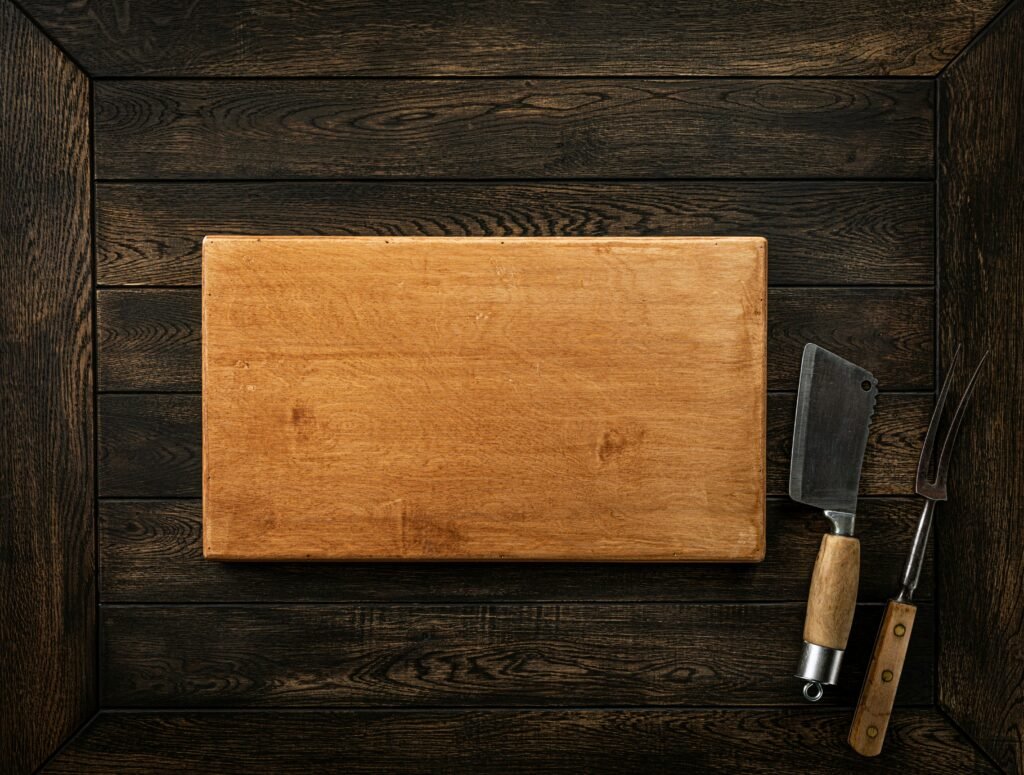Although we sometimes want to share our food with our pets, many common foods can be dangerous or even deadly to them. Here is a list of popular animals and some of the foods they should NEVER eat.
🐶 Dogs.
- Chocolate: contains theobromine, which can cause vomiting, convulsions and even death.
- Grapes and raisins: may cause kidney failure.
- Onions and garlic: damage red blood cells and can cause anemia.
- Alcohol and caffeine: affect your nervous system.
- Cooked bones: they splinter easily and can cause blockages or perforations.
🐱 Cats.
- Onion, garlic and chives: very toxic, even in small quantities.
- Chocolate and caffeine: just as dangerous as for dogs.
- Dairy: many cats are lactose intolerant, which causes diarrhea and discomfort.
- Tuna in excess: can cause nutrient deficiency and thyroid problems.
- Alcohol and raw bread dough: very toxic to your digestive system.
🐦 Birds (parrots, parakeets, etc.)
- Avocado: contains a toxin called persin, which is very dangerous for birds.
- Raw tomato (especially leaves and stem): may cause digestive problems.
- Chocolate and caffeine: highly toxic.
- Apple, cherry or peach seeds: contain cyanide.
- Salt and alcohol: even in small quantities, they are harmful.
🐰 Rabbits.
- Iceberg lettuce: contains lactucary, which in excess can be toxic.
- Raw potatoes, onions and garlic: dangerous for your stomach.
- Fruit seeds: may cause suffocation or intoxication.
- Bread and crackers: cause intestinal imbalances.
- Chocolate: prohibited for all animals, including rabbits.
🐹 Hamsters and guinea pigs.
- Citrus fruits (lemon, orange, etc.): very acidic, they damage your stomach.
- Onion, garlic and leek: toxic.
- Sugary or processed foods.
- Raw beans and raw potato.
🐢 Turtles.
- Citrus fruits.
- Foods rich in animal protein (in excess)
- Spinach and chard (in large quantities)
🐟 Fish.
❌ Bread, fatty meats, food for other animals, seasoned or cooked foods.
🐓 Chickens.
❌ Chocolate, excessive salt, onions, garlic, raw potato skins, moldy foods, citrus fruits.
🦆 Ducks.
❌ Bread (bloats their stomach), onions, garlic, chocolate, processed foods, salt.
🐴 Horses.
❌ Chocolate, potatoes, tomatoes, cabbage, broccoli, caffeine, onions, whole stone fruits (such as peaches).
🐷 Pigs.
❌ Chocolate, alcohol, raw meat, salted foods, cooked bones, onions, moldy foods.
🐄 Cows.
❌ Plastic, leftover processed food, onion in large quantities, avocado, tomato or potato leaves.
🐐 Goats.
❌ Paper, plastic, onion, leaves of toxic plants such as azalea or rhododendron, chocolate, meat.
🐑 Sheep.
❌ Onion, avocado, toxic plants, fermented foods, excessive bread, sweets.
🦔 Hedgehogs.
❌ Milk, onion, garlic, chocolate, citrus fruits, large nuts, salted or fried foods.
🐍 Snakes.
❌ Seasoned meat, raw fish with thiaminase, overly large live animals, improperly thawed frozen foods.
🦎 Iguanas and reptiles.
❌ Spinach, iceberg lettuce, rhubarb, wild insects (may have pesticides), dairy.
🐸 Frogs/Frogs.
❌ Processed meat, salted foods, insects with pesticides, cooked meat, bread.
🐜 Ants (breeding sites).
❌ Excess sugar, processed food, cleaning chemicals, leftovers with salt or spices.
🐿️ Squirrels (in captivity or rehabilitation)
❌ Bread, junk food, chocolate, fruit seeds such as apple or cherry (contain cyanide).
🦙 Alpacas/Llamas.
❌ Human food, chocolate, onion, excess bread, leftover stone fruit.
🐫 Camels (in zoos or reserves)
❌ Onion, garlic, chocolate, processed foods, very sweet fruits in excess.
General advice.
✅ Always consult with a veterinarian before introducing a new food.
🚫 Avoid giving human food if you are not sure it is safe.
💧 Make sure they always have fresh, clean water.
📚 Do some research on your pet’s specific needs: not all species and breeds react the same.
Taking care of their food is taking care of their life. Protect your furry, feathered or scaly companion with knowledge and love! 🐾💚


